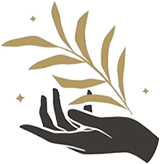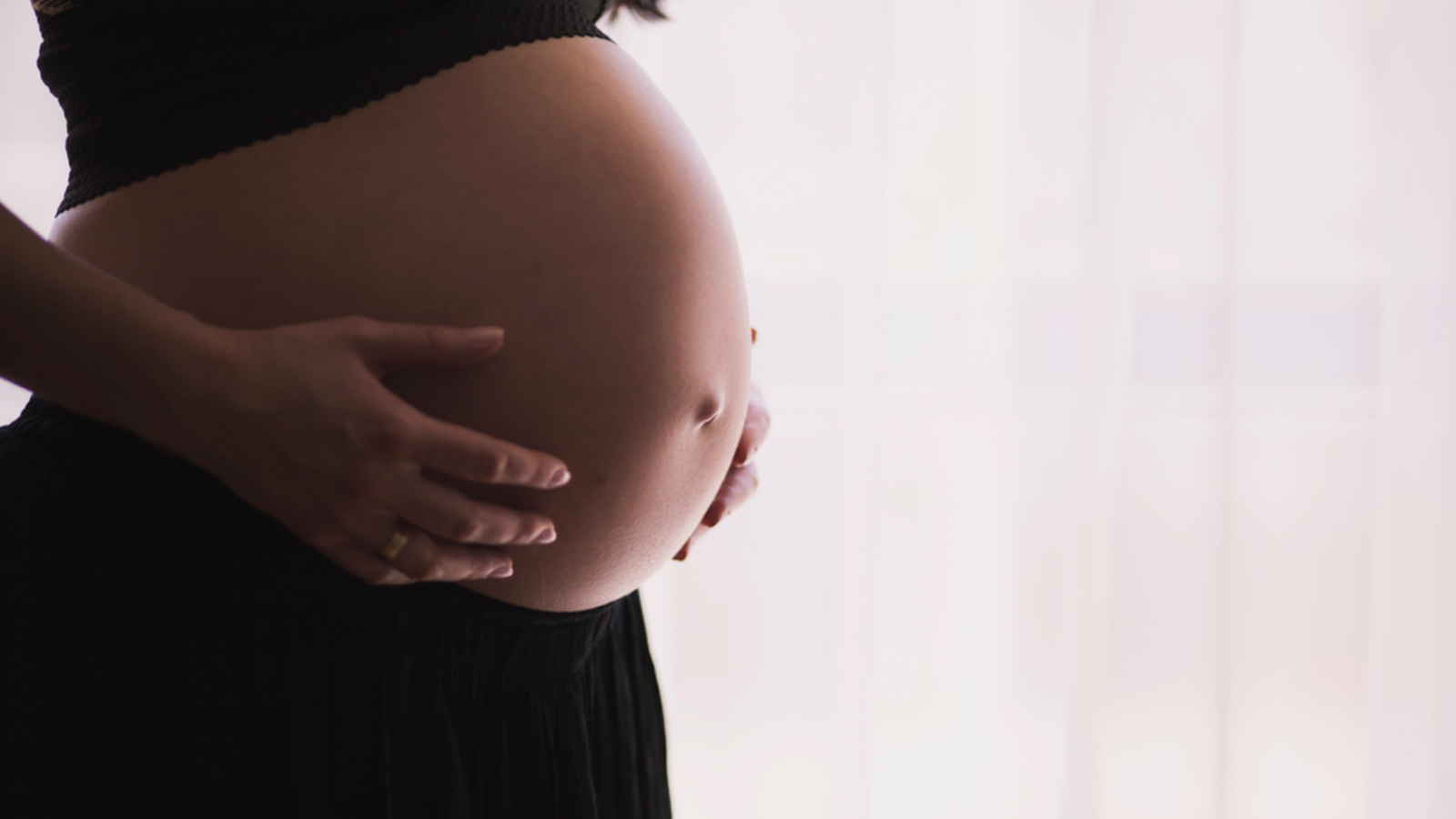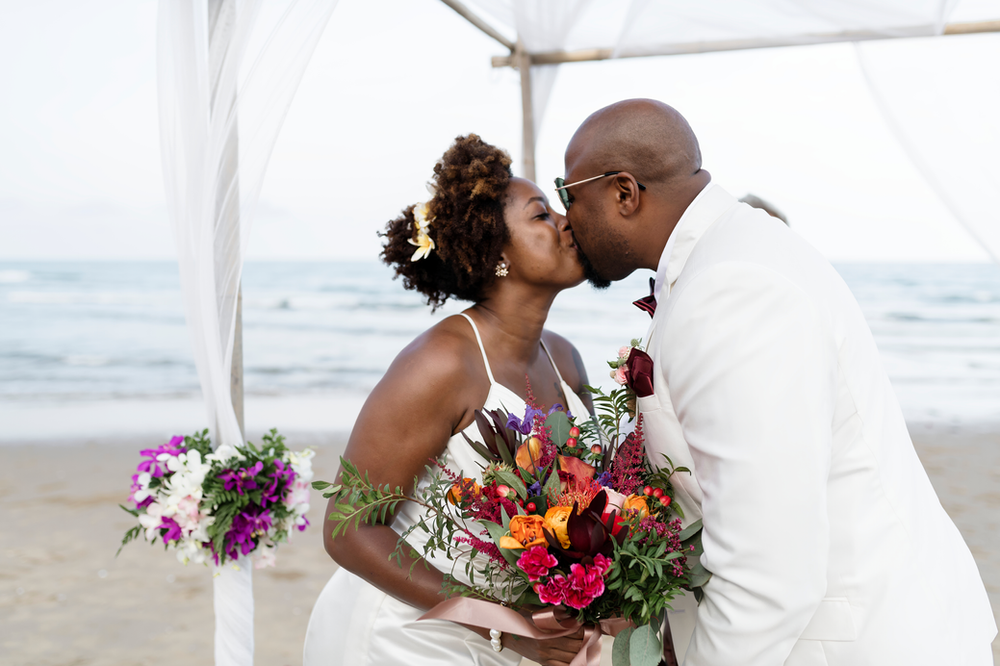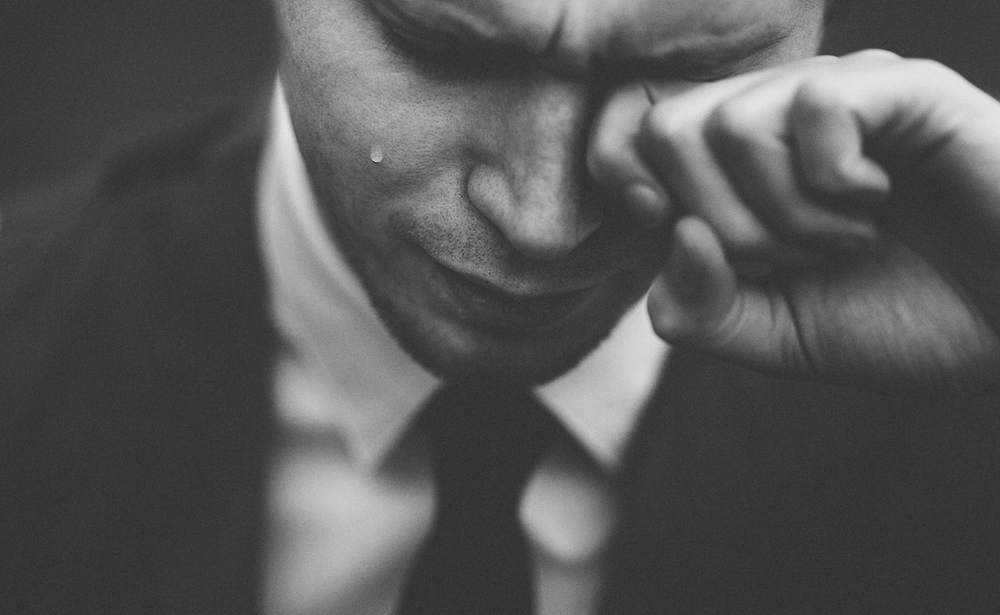What is your relationship like with your mother? Your wife? Your child? What about Mother Earth? This video with Dara del Rio explores the concept of the Mother Wound and explains why some wounds are not meant to be healed, but rather continually tended to like a fire. Watch the video below to learn more.
VIDEO TRANSCRIPT
Hi, this is Dara with Somatic Spiritual Counseling, and today’s video is on tending to the mother wound. And I use the word “tending” intentionally instead of “healing” because, in my experience, the mother wound is not something that heals. Oftentimes, with wounds, the hope is that they’ll close and mend and eventually maybe have a fine scar or perhaps just become flesh with the skin again. But the mother wound is different, and I think it affects all of us in a slightly different way as other kinds of wounds.
Tending to Our Mother the Earth
So, let’s address, what do I mean by the mother wound? There are many different ways to think about this. This is just one way. So, I’m going to start globally. The mother wound, on a global level, is our need for the earth’s abundance. It’s our reliance on the earth for life, for food, for water, everything that we need or reliant upon. And there never really comes a time in our life where we can be independent from those needs. So, one of the ways that this can be out of balance is when we don’t have a sense of gratitude or reciprocity with the earth, when we feel wounded and small and entitled to take what we need without any giving in return, or without feeling that any reciprocity is due.
And this is really common, especially in the culture I’m most familiar with, in the United States. Most of us don’t have a sense of reciprocity. A lot of us have a sense that something is gravely wrong with our planet and with how we’re relating to her or it or him, however you want to talk about the planet, but that doesn’t necessarily translate to a healthy dynamic. Guilt and shame about how we’re relating to the planet isn’t the same as tending to the mother wound.
So, what is one way we can tend to the mother wound on a global level that can help put us in a better relationship with the earth? One way is to start making offerings to the earth or to something in your local ecosystem that calls to you. Yes, you’re not going to save the environment, you’re not going to end the planetary climate catastrophe by making offerings, but you are going to begin to shift your personal relationship with the earth either away from entitlement and greed or away from guilt and shame, to one of reciprocity.
One example is perhaps you have a tree outside that you connect with, or you live near a body of water that you like to visit often, something that really grabs you. And you can start small. You can make an offering of maybe some rose petals or some grains of rice. You can offer a part of yourself. You can offer up a part of your own healing process to the earth and to a particular facet of the earth that you connect with on a personal level. So, that’s something to consider on a global level when we’re talking about the mother wound.
Then let’s talk about a personal level. How does the mother wound affect us? Well, I think it affects us all differently, depending on who we are, if we are children of mothers or if we are mothers and fathers ourselves, if we are grandparents. It all depends where we are in our life cycle, how it is that we relate to the mother, if it’s a part of our own identity or a part of somebody else’s identity, who gave birth to us, or who is our partner.

Identifying Our Relationship With Mother
So, I’d like you to imagine now your own birth, either your own birth or, if you are a mother, the birth of your children. What was that experience like? Even if you can’t remember because you were just a little baby, what do you notice in your body when you think about that experience? Do you have a positive connotation with it? Is there a lot of charge? Is there trauma? I think for a lot of us, there can be trauma associated with being born, with being separated from the womb, oftentimes into very clinical settings, very bright white lights perhaps. Our umbilical cord was cut before it was done providing us with nutrition. Perhaps we were isolated in a little plastic box, or perhaps we never knew our birth parents.
Or perhaps we were born into a really healthy, really nurturing, supportive environment where our mom and dad were both there, and they were allowed to hold us. And then, from the perspective of being a mother or a father, what was it like to have the experience of giving birth or to watch the mother of your child give birth? This is a big moment in everyone’s life where things are just permanently different afterwards.
And for those of us that aren’t in a healthy relationship and are a mother, this can be very deeply traumatizing. There can be ways in which we now have to care for another being, but perhaps we don’t feel cared for ourselves. And I think that is really the crux of a mother wound, even if we haven’t given birth, but especially if we have this sense of needing to care for something but not feeling cared for in a deep way ourselves. And so this comes back to that sense of reciprocity, but this time, we are the mother or we are the earth, and then we’re not feeling cared for by another.
So, as you can see, we can play both sides of this dynamic, and we often do play both sides of this dynamic, and that creates this kind of ongoing problem where we’re never really fulfilling a sense of reciprocity because we both feel entitled or victimized and uncared for on a deep level by another. And perhaps there are different reasons why we feel uncared for on that deep of a level. Oftentimes, it can be because we’re closed down and we don’t want to receive that love from others. And that is nuanced to not just something to rip off and say, “This is my fault.” That doesn’t really ever help. So, this is a complex topic, and I think it’s one that is just now starting to come into the collective conscious a little bit more. But I’m curious what it evokes in you, what you notice when we talk about the mother wound. Even just the term “mother wound,” what is it like to just sit with that?

Some Wounds Are Meant to be Tended Not Healed
And then, to bring in this last piece of tending to the mother wound instead of healing it, we all need a sense of mother, whether that’s from our birth mother or from some other source. This is a relationship that we always need to be tending to. And it’s going to be difficult, and we have a dependency on it. So, when I say that we are tending to the mother wound instead of healing it, in some ways, I think it’s meant to be left open, almost as an initiation into life. This is everyone’s initiation into life. And with initiatory rites of passage, we’re meant to stay wounded. We’re meant to be opened to a deeper level of experience of feeling in a way. And so, what is it like to just stay raw and open to this need that we all have for the mother, for being tended to and loved ourselves, and to tending and loving others fully as well, and having a sense of reciprocity without falling into either guilt and shame or entitlement and greed?
So, that’s a little bit on my thoughts right now on the mother wound. And if you have any thoughts you’d like to share, or if you’d like to connect with me, you can do so through our website, somaticspiritualcounseling.com, and reach out on the contact form. I’d love to hear from you and connect. I think this is a topic a lot of us are feeling right now, whether consciously or not. And I hope you have a good day. Thank you for watching.
Learn more about somatic therapy here.
—————————————————————————————————————————




